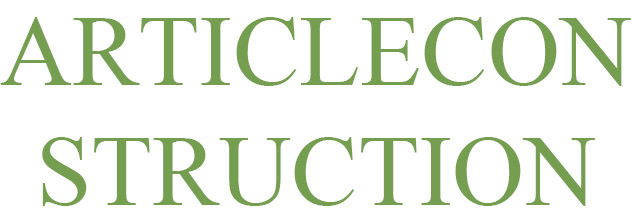Wood vs. Fiberboard: The Best Substrate for Asphalt Shingles?
Choosing the right material under asphalt shingles is crucial for durability and performance. In the ongoing debate between wood and fiberboard, the focus often revolves around which substrate best supports the roofing system. Both options have their unique benefits, making it essential to explore their characteristics to determine the best choice.
If you are looking for more details, kindly visit substrate for asphalt shingles.
Understanding Asphalt Shingles
Asphalt shingles are one of the most popular roofing materials due to their affordability and ease of installation. They come in various styles and colors, providing homeowners with aesthetic flexibility. However, the longevity and effectiveness of these shingles greatly depend on the substrate beneath them.
What is a Substrate?
A substrate for asphalt shingles acts as a supportive layer. It provides stability and enhances the performance of the shingles. The choice of substrate can significantly affect drainage, insulation, and exposure to environmental conditions.
Wood Substrates: Natural and Reliable
Benefits of Wood Substrates
Wood has long been a traditional choice for roofing substrates. It is a great insulator and provides excellent structural integrity. Wood also allows for good ventilation, which can help prevent moisture buildup. This characteristic helps extend the lifespan of asphalt shingles.
Drawbacks of Wood Substrates
Despite its many advantages, wood is not without its drawbacks. It is susceptible to rot and insect damage, especially in humid environments. Additionally, wood can expand and contract with temperature changes, potentially causing the roofing materials to warp.
Fiberboard Substrates: Modern and Efficient
Why Choose Fiberboard?
Fiberboard is a man-made material, specifically engineered for roofing applications. It is resistant to moisture and often treated to prevent mold and mildew growth. This substrate for asphalt shingles offers a stable base, ensuring proper adherence and performance.
Advantages of Fiberboard
One of the biggest advantages of fiberboard is its lightweight nature. This quality reduces the overall weight on the structural framework of a home. Additionally, fiberboard provides excellent insulation, which can enhance energy efficiency. It is also more affordable than wood, making it an attractive option for budget-conscious homeowners.
Potential Limitations
On the downside, fiberboard can lack the natural aesthetic appeal of wood. It may also offer less breathability compared to wood, which can lead to moisture retention in some cases. However, advancements in fiberboard technology continue to improve its properties, making it a viable choice.
Comparing the Two Substrates
When choosing between wood and fiberboard, it’s essential to weigh the pros and cons. Wood offers natural beauty and ventilation benefits. However, it comes with maintenance challenges and potential longevity issues. In contrast, fiberboard is modern and efficient, offering durability and affordability, but may lack aesthetic appeal.
Consider Your Environment
The best choice also depends on your specific environmental conditions. If you live in a region with high humidity or frequent storms, fiberboard might be the more durable option. On the other hand, if you are in a dry climate, wood substrates may perform excellently and add a rustic charm to your home.
Conclusion: Making the Right Choice
In the end, selecting the right substrate for asphalt shingles is vital for ensuring your roof's longevity and efficiency. Both wood and fiberboard provide valuable benefits. Understanding how each material performs under different conditions can help homeowners make informed decisions.
Whether you opt for the traditional appeal of wood or the modern efficiency of fiberboard, both choices can lead to a lasting roofing solution. With careful consideration of your unique needs, you can enjoy the benefits of a well-installed asphalt shingle roof, creating a durable and beautiful home for years to come.
For more long span roofinformation, please contact us. We will provide professional answers.



